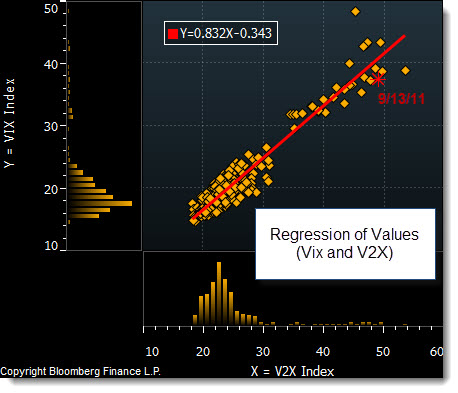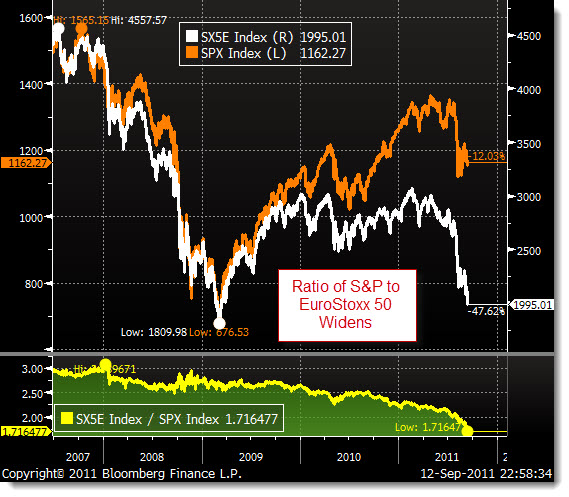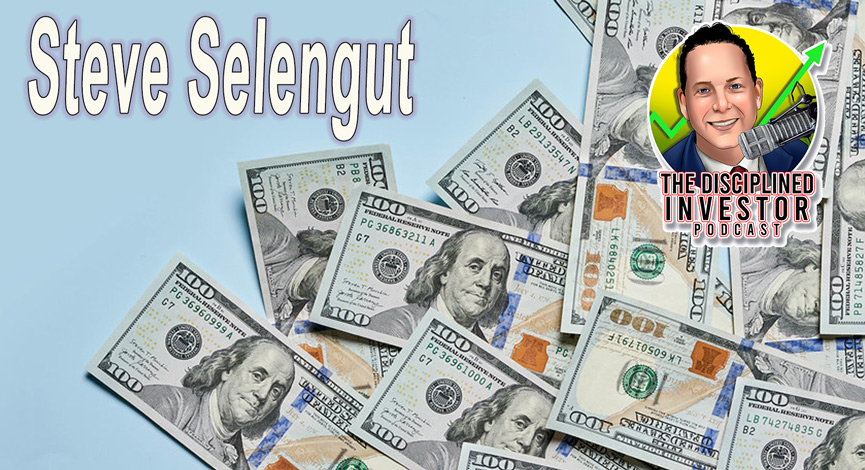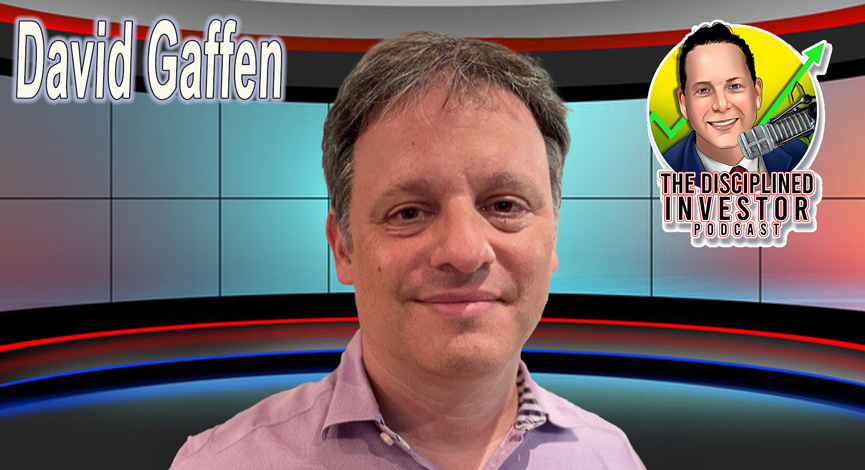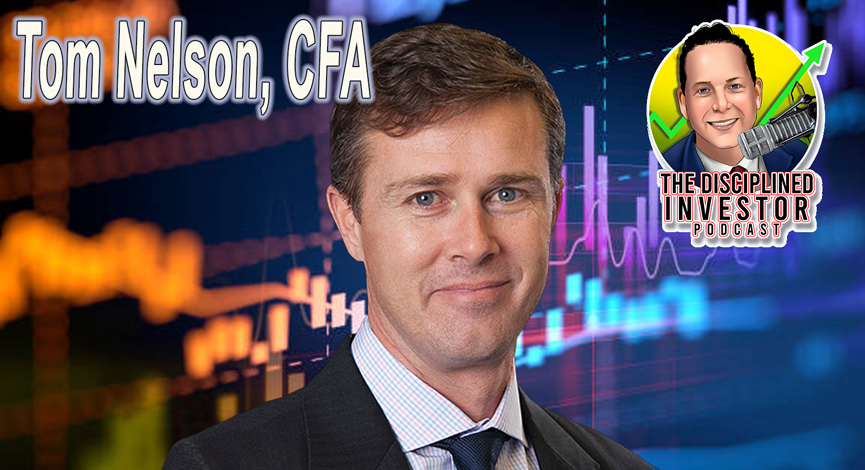Is the fear index undervalued or overvalued? This is an interesting question as we look at the VIX as compared to the European counterpart, the VX2. As it stands now, there is a dramatic difference between the two and that might be telling of what is to come.
What is likely occurring is that the VX2 is looking at the recent volatility in the EuroZone equity and fixed income markets and properly showing the additional risk of investment. Volatility and range of returns over the past few months has definitely been higher as the potential for default of Greece and/or Italy grows.
On the other hand, there may be two reasons that the VIX is not at the same levels:
- The fear of what is occurring outside of the U.S. is not perceived as more than a transitory threat to the domestic economy or;
- There is a consensus that U.S. stocks are much less likely to see the same volatility and downside.
Either way, the VIX is obviously elevated to levels where we expect to see 2% daily swings as a common occurrence. That is plenty of volatility for anyone.
The question is: Is the VIX cheap at these levels? An interesting article from Bloomberg:
By Cecile Vannucci and Jeff Kearns Sept. 13 (Bloomberg) — Implied volatility for European equities has climbed to the highest level since 2008 compared with the Standard & Poor‘s 500 Index, as traders hedge against a potential default by Greece. The VStoxx Index, which measures the cost of options protecting against Euro Stoxx 50 Index losses, surged 7.5 percent to a 32-month high of 53.55 yesterday. The Chicago Board Options Exchange Volatility Index closed 14.96 points below the gauge, the widest gap since October 2008, when Lehman Brothers Holdings Inc.‘s collapse drove both to record highs.
Concern Greece will default on its loans and spur a banking crisis is driving up the price of options relative to contracts in the U.S., where equities are beating their euro-zone counterparts by the widest year-to-date margin since 1987, according to data compiled by Bloomberg. The Euro Stoxx 50 Index has plunged 29 percent in 2011, compared with a 7.6 percent decline for the S&P 500…
…Price-earnings ratios show investors have more confidence in the outlook for U.S. corporations. The S&P 500 trades for 12.7 times reported income, up from the 2 1/2-year low of 12.2 reached on Aug. 8, according to data compiled by Bloomberg. For the Euro Stoxx 50, the multiple sank to 8.4 yesterday, the lowest level since December 2008.
Investors are more concerned about a Greek default than they are about the U.S. entering a recession, said Larry Hatheway, UBS AG‘s chief strategist and economist. He recommended buying VIX futures to hedge stocks in a report on July 22, when the S&P 500 began a 17 percent drop as global stocks lost $8.1 trillion, data compiled by Bloomberg show.


